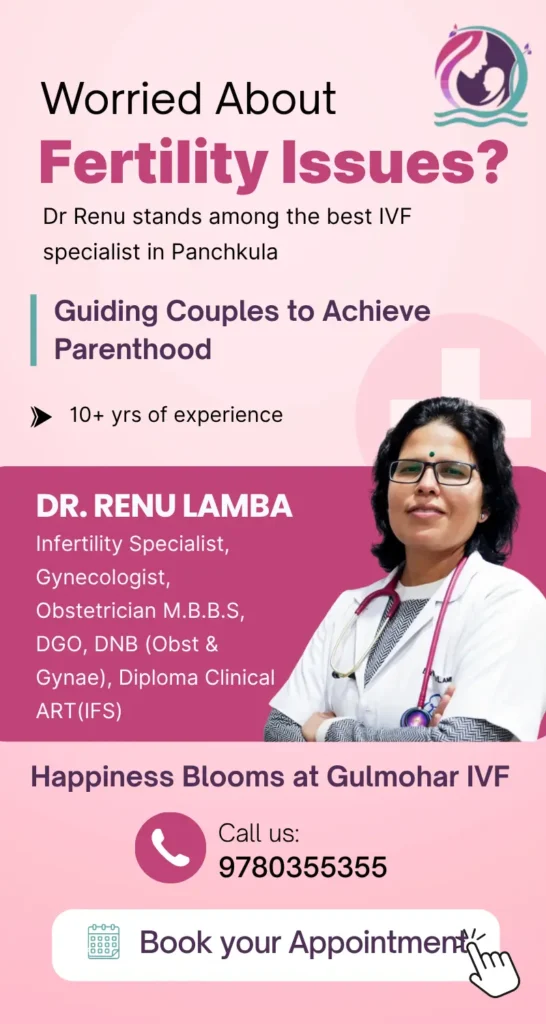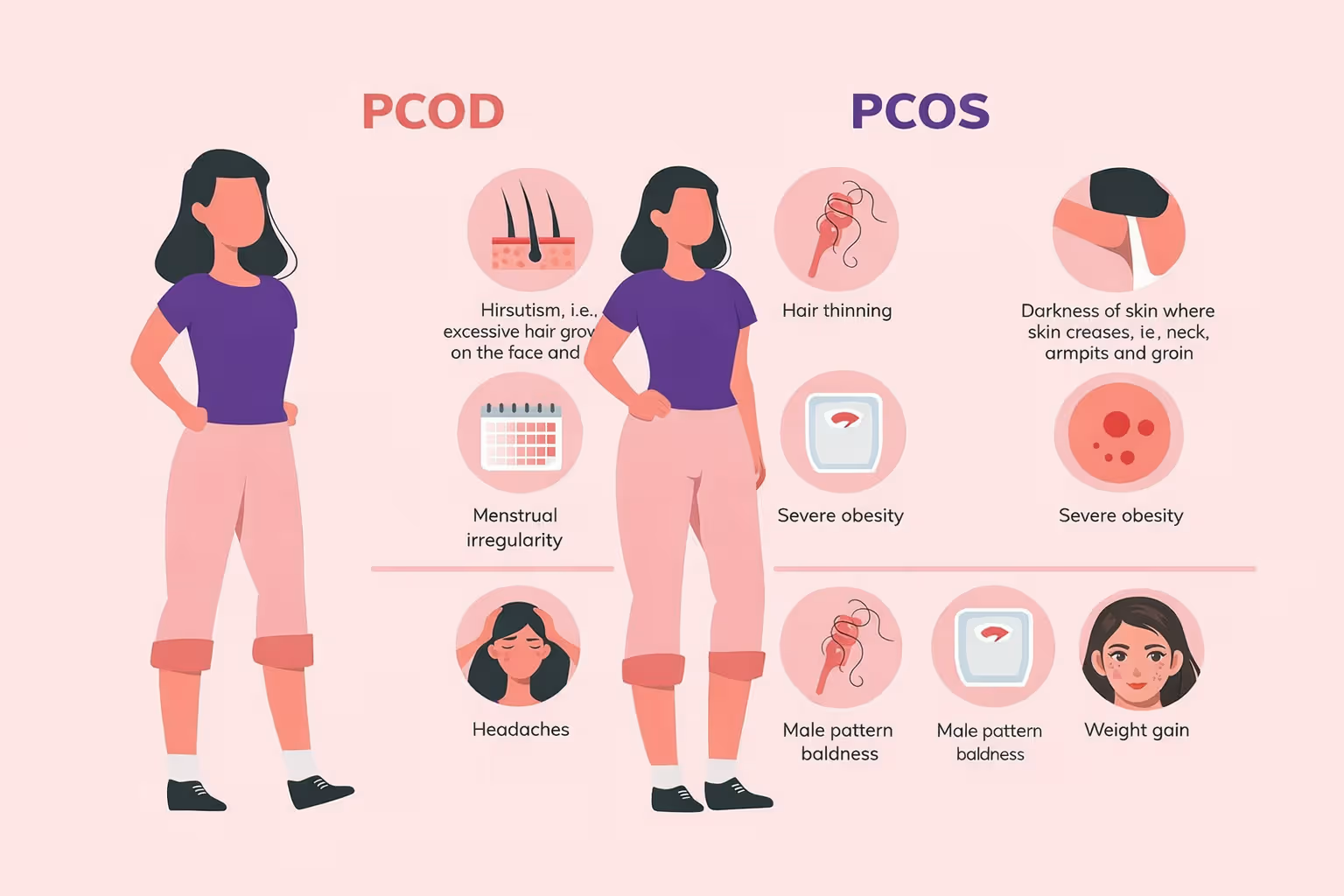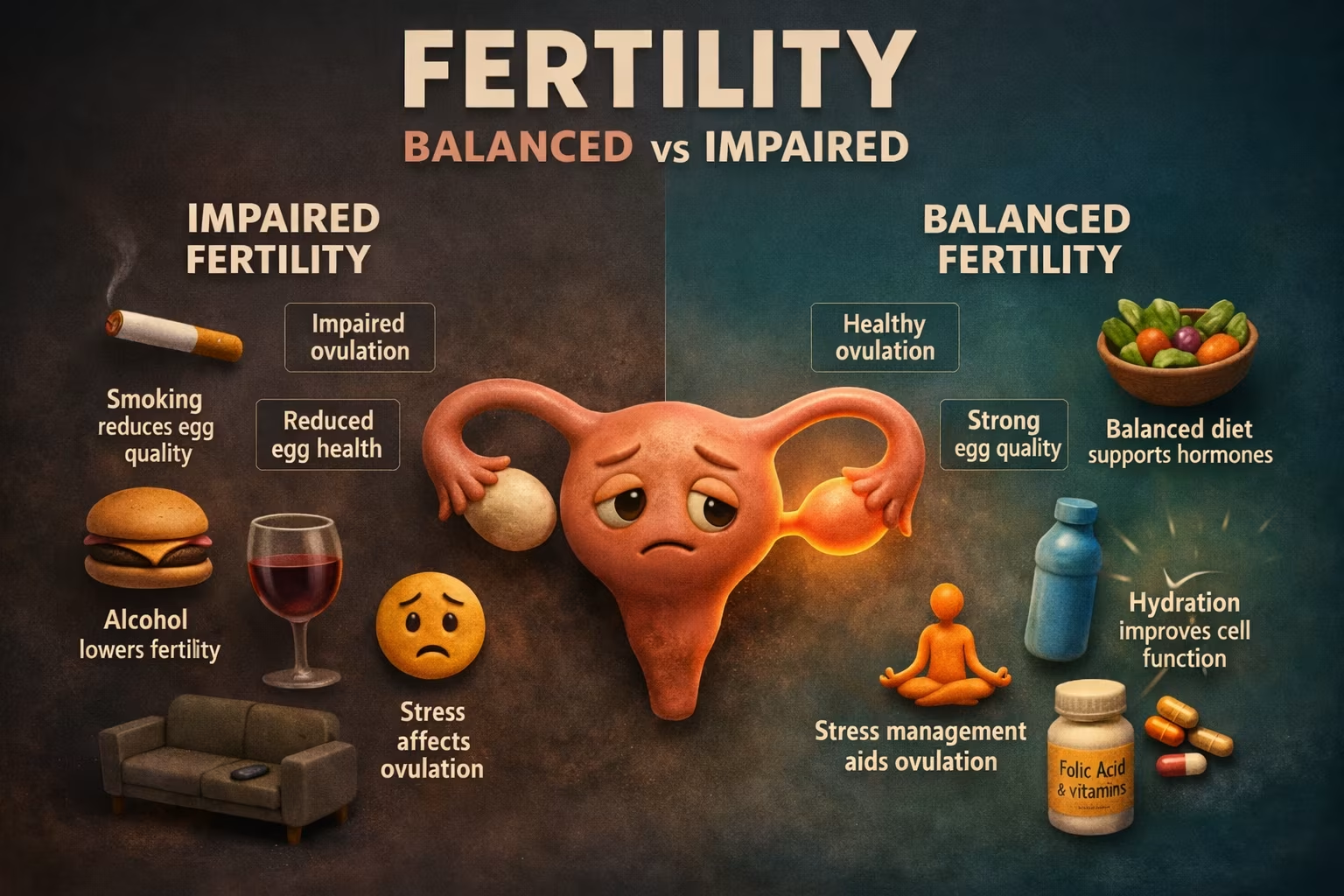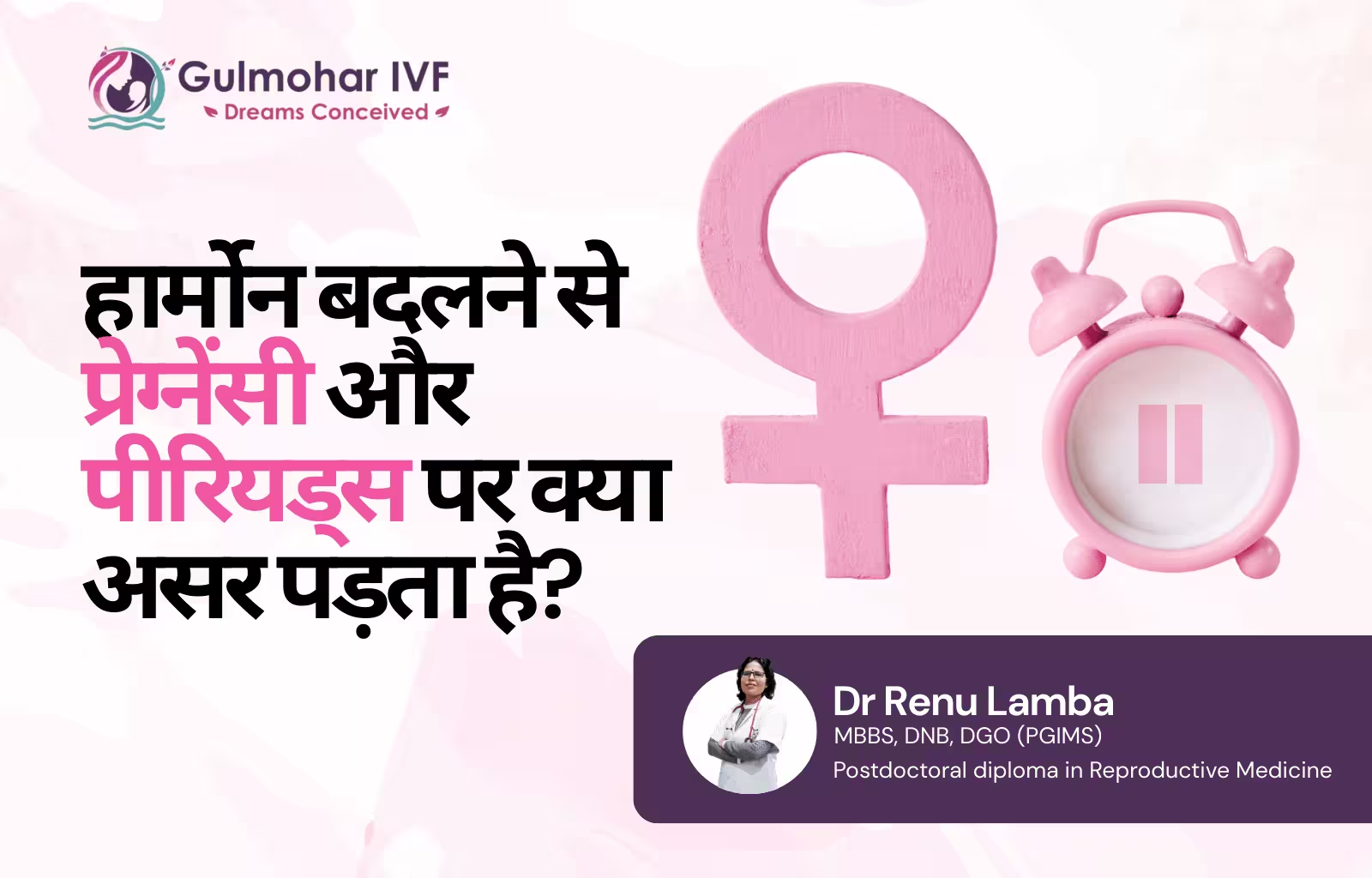You know, infertility and marriage in India are rarely talked about in the same sentence. But they should be. It’s more than just a medical condition. It’s an emotional journey that quietly reshapes how couples talk, plan, and even see their future together. Here’s the thing. In most Indian homes, having a child is seen as the natural next step after marriage. So when that doesn’t happen, couples often start feeling the emotional impact of infertility long before they seek help. They carry the worry alone, pretending everything is fine at family gatherings or while answering those familiar questions about “good news.”
What makes it harder is the infertility stigma in Indian society. Many couples hesitate to talk about their struggles because they fear being judged, pitied, or blamed. That silence slowly turns into marital stress due to infertility, creating distance between partners who actually need each other the most.
So, let’s be honest. Infertility in Indian marriages isn’t just about biology. It’s about emotions, expectations, and the courage to face it together. This article walks you through what really happens when marriage and fertility collide, and how understanding, compassion, and the right support can help couples heal both heart and hope.
Things to know right away
- Around 27.5 million couples in India face fertility problems, so you are not alone.
- Infertility often causes marital stress due to infertility, which shows up as blame, withdrawal, or avoidance.
- Couples who try early counselling tend to handle pressure better and stay united through treatment.
“Infertility did not break our love. Silence did. We learned to talk, and things slowly healed.”
Understanding Infertility in Indian Marriages: A Hidden Emotional Battle
The Changing Face of Fertility Among Indian Couples
The idea of when and how to start a family has changed completely in India. Couples today marry later, focus on careers, and often plan pregnancy when they feel financially and emotionally ready. But biology does not always wait for convenience.
- Fertility starts to decline after age 30 for women and around 40 for men.
- Pollution, stress, lack of sleep, and poor diets have all reduced reproductive health.
- Many couples only discover infertility after two or more years of trying.
- Assisted reproductive options like IVF and IUI are increasing but emotional readiness still lags behind.
Society celebrates progress and independence but rarely talks about how these modern choices affect fertility. Couples end up balancing ambition, expectation, and biology often without proper guidance.
Why Infertility Is Still a Taboo Topic in Marital Life
Even today, infertility feels like a subject people whisper about rather than discuss openly. Most families treat it as a private shame instead of a shared challenge. In many Indian homes, the first reaction is still to blame the woman even though medical data shows male factors contribute to nearly 40 to 50 percent of infertility cases in India.
Why the taboo still survives
- Fear of judgment from extended family or society
- Pressure to maintain an image of a happy and complete marriage
- Lack of awareness that infertility is a medical condition, not a curse or flaw
- Emotional exhaustion that makes couples avoid conversations altogether
Until couples treat infertility as a shared health journey instead of a private burden, it will continue to strain marriages from within. Talking openly with doctors, counsellors, or even close friends can help break that silence.
If you have ever felt like you are the only one going through this, you are not. Many Indian couples are quietly fighting the same battle, and every time one couple chooses to speak about it, the silence loses a little more power.
The Emotional Impact of Infertility on Couples
Infertility changes more than plans and routines. It touches emotions, self-esteem, and even the way couples look at each other. At first, there is hope and excitement. Then come months of waiting, endless tests, and quiet disappointments. Over time, this emotional weight can make couples feel disconnected or unsure of what to say to one another.
Many couples going through fertility treatment experience moderate to severe emotional distress. Most do not talk about it, thinking they must stay strong. But silence only deepens the stress.
From Hope to Heartache: The Emotional Rollercoaster
When couples begin their fertility journey, they often feel optimistic. Every month feels like a new chance. But when time passes without results, disappointment slowly replaces excitement. You start wondering what went wrong or if it will ever happen.
Here’s what many couples go through emotionally
- Excitement during the first few months of trying
- Confusion and self-doubt after repeated negative results
- Frustration with medical appointments and endless tests
- Anxiety about what others might think or say
- Guilt when one partner feels responsible
Over time, this up-and-down emotional cycle can exhaust both partners. The key is to recognise these feelings early and understand they are normal reactions, not personal failures.
How Infertility Affects Intimacy and Self-Worth
Infertility and marriage in India test more than patience. They test closeness, comfort, and emotional connection. For many couples, intimacy slowly changes. What once felt natural now feels planned, timed, and filled with pressure. Every moment together starts revolving around ovulation dates, reminders, and medical advice instead of love and warmth.
This change quietly affects how couples see each other. Many start feeling less attractive or confident, even when their partner never says a word. The constant medical focus on the body often makes both men and women self-conscious, and that emotional distance can grow without either realizing it.
- Intimacy is not only physical. It begins with emotional safety.
- Reassure each other through small gestures and conversations.
- Seek counselling if intimacy starts feeling forced or stressful.
Shared Pain, Silent Distance: Why Communication Breaks Down
Silence often becomes the quiet enemy of infertility and marriage in India. Couples stop sharing their pain, thinking they are protecting each other, but in truth, that silence slowly builds distance instead of comfort. The emotional impact of infertility on couples grows stronger when words disappear. Talking openly, even about fear or disappointment, helps partners feel less alone and more connected. Honest communication is what breaks the walls that infertility tries to create between them.
Why communication often fades
- Fear of upsetting the partner
- Embarrassment about repeated failures
- Avoiding conversations that lead to arguments
- Feeling that no words can fix the situation
Infertility Stigma in Indian Society and Its Effect on Marriage
In India, infertility is not just seen as a health condition. It is often treated as a reflection of personal worth. The moment a couple has been married for a few years, the quiet question starts to follow them everywhere. People ask about good news without realising how heavy those two words can feel. The stigma runs deep, turning a shared medical issue into a social judgment.
This pressure affects relationships in ways many couples never talk about. What begins as concern from family or friends can slowly turn into blame, emotional distance, and loss of confidence. The social weight of infertility often pushes couples to hide their pain rather than seek help, making recovery and treatment much harder.
The Family and Social Pressure Around ‘Good News’
In most Indian families, having a child is seen as proof that a marriage is complete. The moment a wedding anniversary passes, questions start. Everyone from relatives to neighbours begins asking about plans for a baby. For a couple struggling with infertility, every family function becomes a reminder of what is missing.
Here’s what this pressure often looks like
- Uninvited advice from relatives about doctors or remedies
- Emotional comparisons with couples who conceived easily
- Repeated comments about time running out
- Stressful family discussions about tests and treatment
This constant questioning can create guilt and anxiety. Couples start avoiding gatherings, celebrations, or even conversations about the future. What most people do not realise is that these questions can turn a medical challenge into a painful emotional wound for both partners.
Cultural Silence: How Stigma Delays Seeking Treatment
In Indian society, people prefer silence over open discussion about infertility. Couples fear becoming the topic of whispers or sympathy. As a result, they keep delaying visits to specialists or counselling sessions. By the time they reach a doctor, years have often passed. For more help you can also read – Fertility treatment for PCOS
The cultural habit of staying quiet may seem protective, but it prevents healing. The longer couples delay help, the more complex the problem becomes.
Infertility should be seen as a shared medical condition, not a reflection of failure. When families and communities understand this, stigma begins to lose power.
Coping With Infertility as a Couple: Rebuilding Love and Resilience Together
Infertility can test even the strongest relationships. Couples begin their journey with hope but soon face uncertainty, frustration, and fear. What truly matters during this phase is learning how to face it together rather than apart. Support, communication, and shared patience often make the biggest difference.
According to a study by the National Library of Medicine (NLM), couples undergoing fertility treatment experience higher levels of emotional stress and marital strain, but those who practice emotional support and shared problem-solving show significantly better coping outcomes. This proves that emotional teamwork is just as essential as medical treatment.
Turning Blame Into Bonding: Learning to Support Each Other
When infertility appears, many couples unknowingly start blaming themselves or each other. Blame often comes from pain, not anger.
Yourself to feel everything and still keep moving forward together.
Simple Daily Habits to Stay Connected Through Stress
Connection is built through small, consistent actions. Daily routines that involve care and laughter make the journey easier to bear.
Useful daily habits
- Have one meal a day together without talking about treatment
- Practice gratitude by mentioning one thing you appreciate about each other
- Go for short evening walks or quiet time together
- Avoid phone distractions during conversations
Little efforts like these help remind couples that they are more than their fertility struggles.
Marital Stress Due to Infertility: Recognizing and Repairing the Cracks
Infertility can create cracks in a marriage that grow silently. Most couples do not realise how deeply stress has started to affect their bond until conflicts become frequent or silence becomes routine. Recognising the signs early helps prevent long-term emotional damage.
Common Signs That Fertility Stress Is Hurting Your Relationship
Many couples misread emotional strain as personality change or loss of love. Knowing what to look for helps identify when stress needs attention.
Common warning signs
- Frequent arguments over small matters
- Avoiding conversations about treatment or the future
- Emotional withdrawal or lack of physical intimacy
- Irritability, fatigue, or anxiety around medical discussions
These are not signs of a weak relationship but indicators that the weight of the situation is becoming too heavy to carry alone.
When to Seek Help: Early Counselling Before Conflict Grows
Counselling is often misunderstood as something only needed after serious problems arise. In truth, early counselling prevents misunderstandings from growing into resentment. A few sessions with a trained fertility counsellor can help both partners express emotions safely and build coping strategies.
Benefits of early counselling
- Improves understanding between partners
- Reduces guilt and blame
- Helps manage expectations before treatment cycles
- Strengthens teamwork and communication
When emotional care becomes part of fertility planning, couples find new ways to support each other and protect their relationship.
Infertility Counselling for Indian Couples: Healing Both Heart and Hope
Infertility counselling is not about therapy alone. It is about giving couples a safe space to express what they often hide from everyone else. Counselling helps both partners understand their emotions, manage disappointment, and rebuild connection.
Why Counselling Should Begin Before Treatment
Starting counselling early makes treatment smoother and less stressful. Many couples enter medical care already carrying guilt, pressure, and confusion. Talking to a counsellor before tests or procedures helps clear these emotional blocks.
Advantages of starting early
- Builds emotional awareness and readiness
- Prevents unrealistic expectations about success rates
- Teaches coping strategies for anxiety and waiting periods
- Encourages both partners to participate equally in decision-making
How Therapy Helps Couples Cope With Pressure and Grief
Every unsuccessful attempt leaves behind invisible grief. Therapy allows couples to process that pain instead of ignoring it. Through guided conversation, couples learn to communicate feelings without hurting each other.
Therapy helps by
- Validating emotions of loss or frustration
- Offering practical tools for stress management
- Improving mutual empathy and trust
- Helping couples redefine hope after failed attempts
Healing begins when both partners feel seen and heard.
The Gulmohar IVF Approach: Science With Compassion
At Gulmohar IVF, emotional wellness is treated as an essential part of fertility care. Couples receive guidance not only on treatment plans but also on emotional balance. Counselling sessions focus on communication, self-care, and building confidence.
This combined approach ensures that patients feel supported medically and emotionally. It reminds every couple that treatment success is not only about science but also about mental and emotional strength.
Moving Forward Together: Redefining Hope in Indian Marriages
Infertility may delay dreams, but it does not end them. Couples who learn to lean on each other discover that hope can take many forms. Parenthood is one path, not the only one. What defines a marriage is not the presence of a child but the strength of partnership that endures everything.
Parenthood Isn’t the Only Definition of Partnership
A strong marriage is built on companionship, not conditions. Many couples find happiness through shared goals, travel, careers, or nurturing other relationships in their lives. Parenthood can enrich love, but it is not its measure.
A Message of Hope From Dr. Renu Lamba
At Gulmohar IVF, every couple’s story is treated with compassion and respect. Dr. Renu Lamba believes that emotional strength is the foundation of any successful fertility journey. Couples who face infertility together often emerge stronger, more understanding, and more connected than before.
Moving forward together begins with one simple step, talking honestly and seeking the right guidance. Hope still belongs to you, and it begins the moment you decide to walk this journey side by side.
Conclusion
Infertility and marriage in India have always shared a quiet, emotional space that many couples rarely discuss openly. But things are changing. Couples today are learning that infertility is not a failure of love or commitment. It is a medical and emotional journey that requires understanding, communication, and proper guidance.
When partners face infertility together, they turn pain into partnership. Open communication helps reduce the emotional impact of infertility on couples and keeps them connected. Families, too, play a vital role in breaking the infertility stigma in Indian society by offering support instead of pressure.
Infertility counselling for Indian couples is proving to be a game changer. It helps partners cope with marital stress due to infertility, rebuild emotional strength, and approach treatment with resilience. Whether through lifestyle changes, therapy, or timely medical help, couples who stay united find strength beyond the challenges of fertility.
Infertility in Indian marriages no longer needs to be a secret. When love and empathy lead the way, couples can heal both heart and hope. Parenthood is just one chapter in a marriage. True partnership means standing together through every test, whether it is emotional, social, or medical.
Disclaimer: The information provided in this article is for educational purposes only and should not replace medical advice. Please consult Dr. Renu Lamba or a qualified fertility specialist at Gulmohar IVF for personalized guidance.









